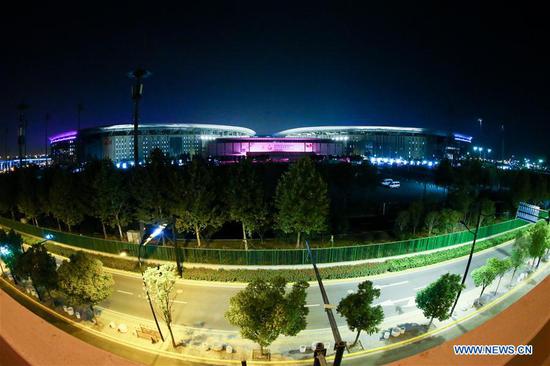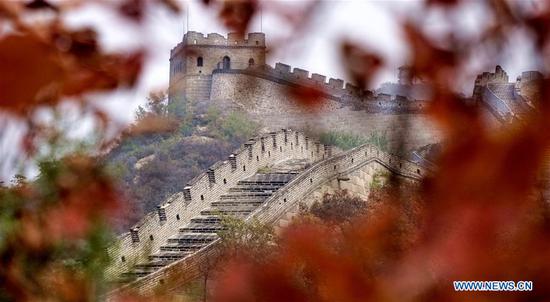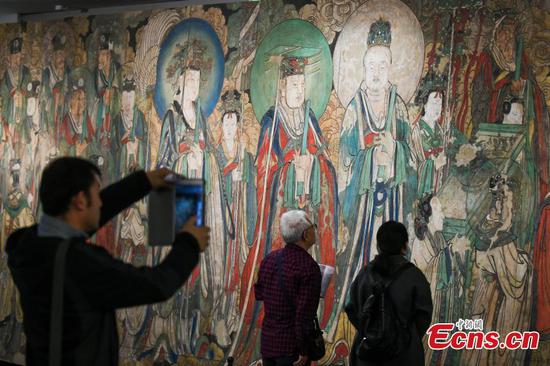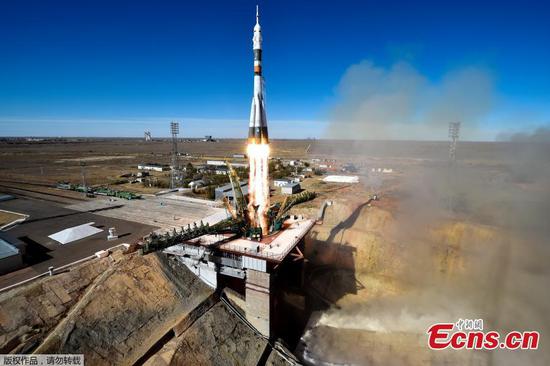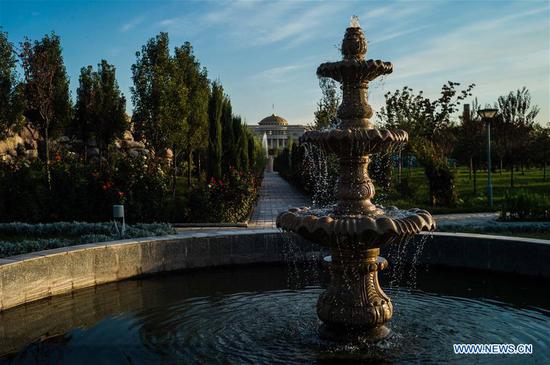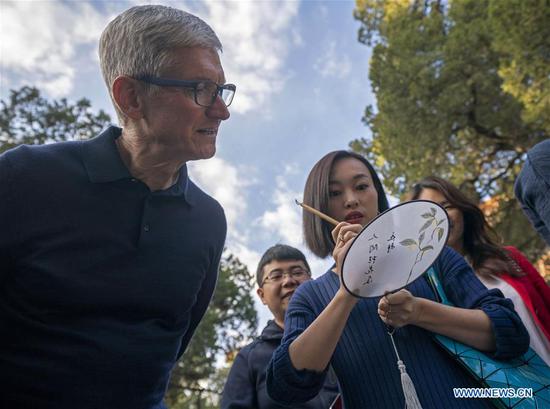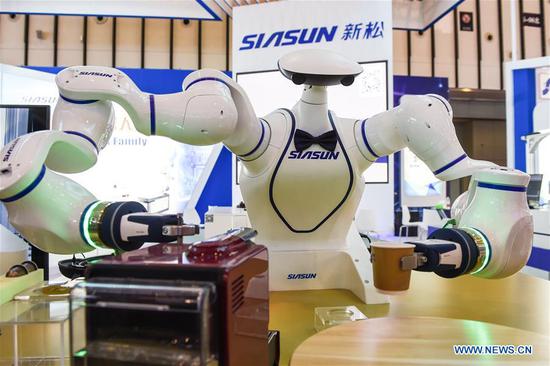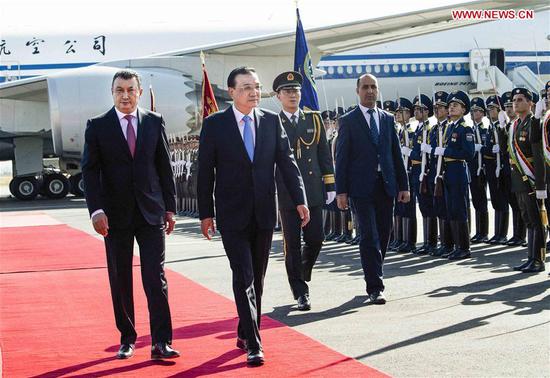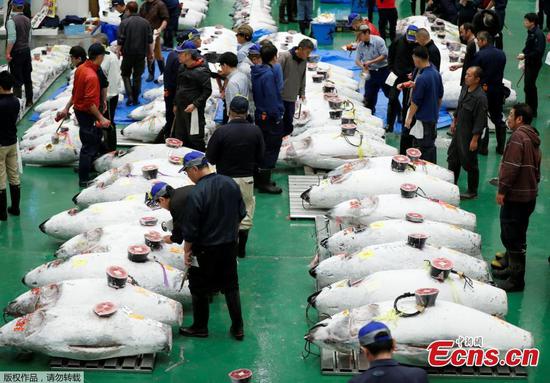Only two months before U.S. Vice President Mike Pence's Oct. 4 speech about the administration's policy toward China, U.S. coffee giant Starbucks partnered up with e-commerce conglomerate Alibaba on coffee delivery to boost its business in China.
Regrettably, the success story of Starbucks, which tells the truth of mutually beneficial cooperation between China and the United States, has faded away in the memory of some politicians in the Trump administration, which nowadays claims to be a ripped-off almsgiver.
In his speech at a think tank in Washington, Pence repeated the U.S. administration's allegation that "we've rebuilt China." The vice president asserted that "America agreed to give Beijing open access to our economy, and we brought China into the World Trade Organization (WTO)."
The speech was in tune with the cliche that China's success is owed to the so-called sacrifice of the U.S. interests. It has also demonstrated once again the Trump administration's self-centered "America First" thinking.
What Pence avoided mentioning is that after its entry into the WTO, China opened its market to the United States at greater scopes and depths. According to UN statistics, U.S. exports to China increased 577 percent from 2001 to 2017, far higher than the 112 percent average growth rate of overall U.S. exports.
Besides, U.S. enterprises have benefited tremendously from the Chinese market. For example, U.S. General Motors' production in China accounts for 40 percent of its global production, and Qualcomm's chip sales and patent license fees in the Chinese market account for 57 percent of its total revenue.
Unfortunately, these irrefutable facts have been deliberately ignored by the U.S. vice president.
Without doubt, China's success could not have been achieved without mutually beneficial cooperation with other countries across the globe, in which the United States has played an important role. However, that does not mean China's exports only go to the U.S. market or China's economic growth solely relies on U.S. investment.
In fact, China's success depends on the hard work of the Chinese people, not the U.S. trade deficit, and on the socialist path with Chinese characteristics chosen by the Chinese people, not some delusional models preached by some American leaders.
Since China started its epic reform and opening-up 40 years ago, over 700 million Chinese people have shaken off poverty. With an average annual GDP growth rate of over 9 percent from 1989 until 2018, China has become the world's second largest economy.
The miracle is facilitated by China's steadfast commitment to opening its door to the whole world and learning from the useful experience and outstanding achievements of all other countries.
So far, China has fostered trade partnerships with more than 230 countries and regions, and has become the largest trading partner of over 120 of them.
Looking ahead, China's cooperation and connection with the outside world will surely deliver more benefits not only for China but also for the whole world.













